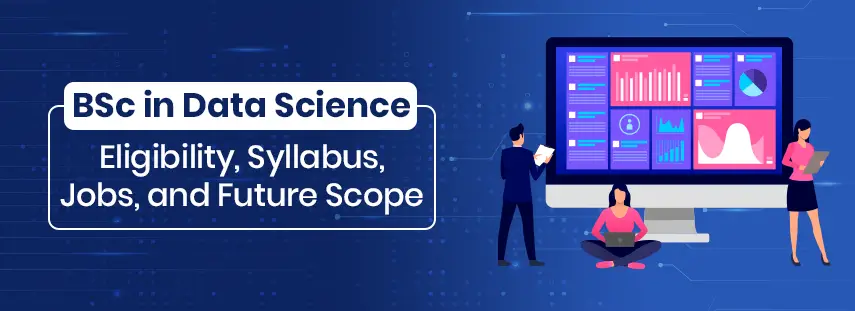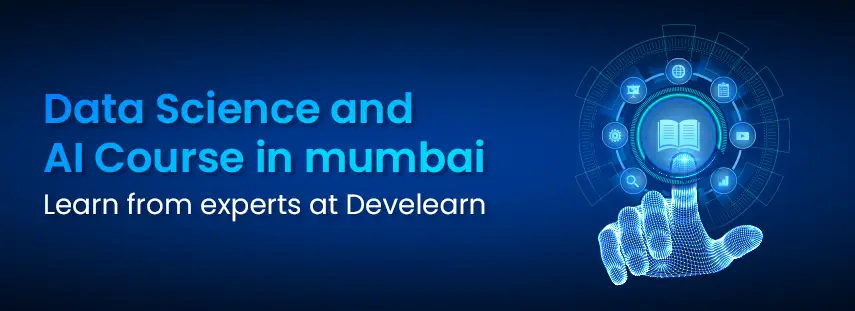Join As Students, Leave As Professionals.
Develearn is the best institute in Mumbai, a perfect place to upgrade your skills and get yourself to the next level. Enroll now, grow with us and get hired.

Growing a Data Career in the Era of Generative AI
In this insightful blog, we delve into the profound impact of generative AI on the data industry and how it is transforming the roles and responsibilities of data practitioners. From data scientists to analysts, engineers to machine learning specialists, the integration of generative AI has ushered in a new era of possibilities, challenges, and opportunities.
Data Career
Generative AI
Education
Develearn
4 minutes
October 10, 2023
Loading content...




